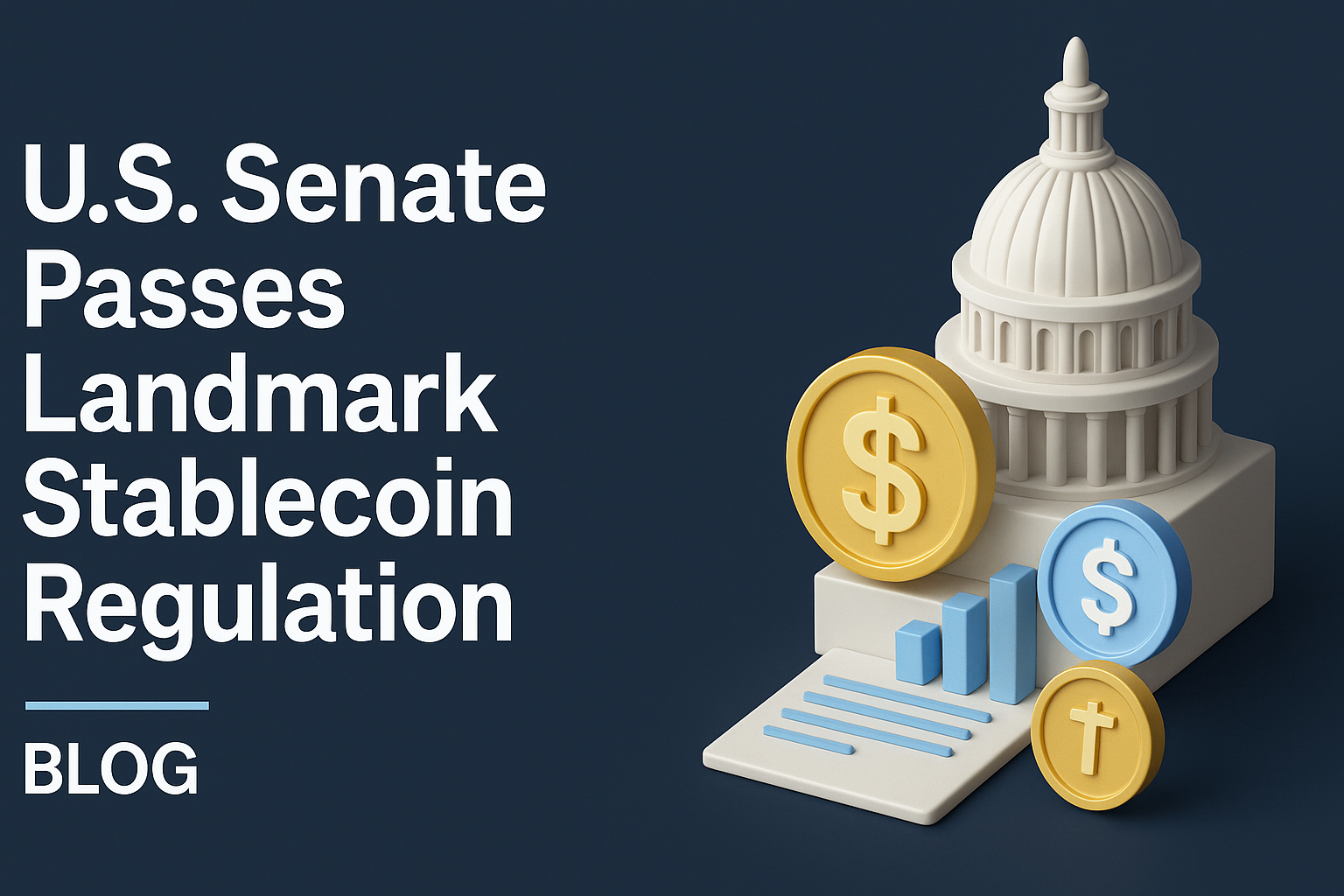In a decisive move to counter the rise of digital asset-related crimes in Southeast Asia, Thailand’s Cabinet has approved sweeping amendments to its Digital Asset Business Act (2018) and Cybercrime Law (2023). The updated legislation focuses on tightening regulatory control over foreign crypto platforms, particularly peer-to-peer (P2P) services operating outside Thai jurisdiction.
Cabinet Approves Broader Legal Framework for Crypto Enforcement
On April 8, the Cabinet ratified new amendments that will take effect upon their publication in the Royal Gazette. The changes target mule accounts, money laundering, and unlicensed foreign crypto operators, aiming to plug loopholes in Thailand’s current regulatory architecture.
Key provisions include:
- Harsher penalties for individuals knowingly enabling crypto-related crimes—up to three years in prison or fines up to 300,000 Baht (~$8,700)
- Creation of a centralized blacklist for wallets involved in illicit activities, rendering them unusable for future transactions
- Immediate authority for regulators to block apps and websites from foreign crypto exchanges deemed unlawful
- Mandated compliance protocols for licensed Thai crypto firms, including the ability to monitor, suspend, and report suspicious activity as well as assist in recovery of stolen funds
Notably, the legal revisions expand responsibility to banks, telecom operators, and social media platforms, who may now be held liable for facilitating crypto crimes through their services.
A Balancing Act: Encouraging Crypto Innovation While Enhancing Security
While Thailand remains open to digital asset adoption—as demonstrated by its recent approval of USDT for payments and trading—authorities are reinforcing their commitment to fraud prevention and consumer protection.
Recent enforcement efforts illustrate the government’s zero-tolerance stance:
- In February, four Russian nationals were arrested in Phuket for a ransomware campaign linked to 8Base, allegedly stealing $16 million in Bitcoin from Swiss companies
- In March, two Chinese suspects were detained over a $17.7 million scam involving fake crypto investment platforms, one of whom was previously wanted for kidnapping in Cambodia
Crackdown on Offshore Operators: OKX Under Scrutiny
Thailand’s Securities and Exchange Commission (SEC) has issued a warning against OKX, operated by Aux Cayes Fintech Co. Ltd., accusing the firm of unauthorized operations and non-compliance with KYC/AML laws since 2021.
Should the allegations be upheld, OKX faces daily fines and possible criminal charges against executives—mirroring earlier actions taken against Binance and Bybit.
Conclusion: A Firm Yet Forward-Looking Regulatory Shift
Thailand’s updated crypto framework reflects a broader regional trend: embracing the promise of blockchain innovation, while rigorously defending against its misuse.
By holding both domestic and foreign actors accountable, the country is positioning itself as a leader in balanced digital asset regulation in Southeast Asia.



